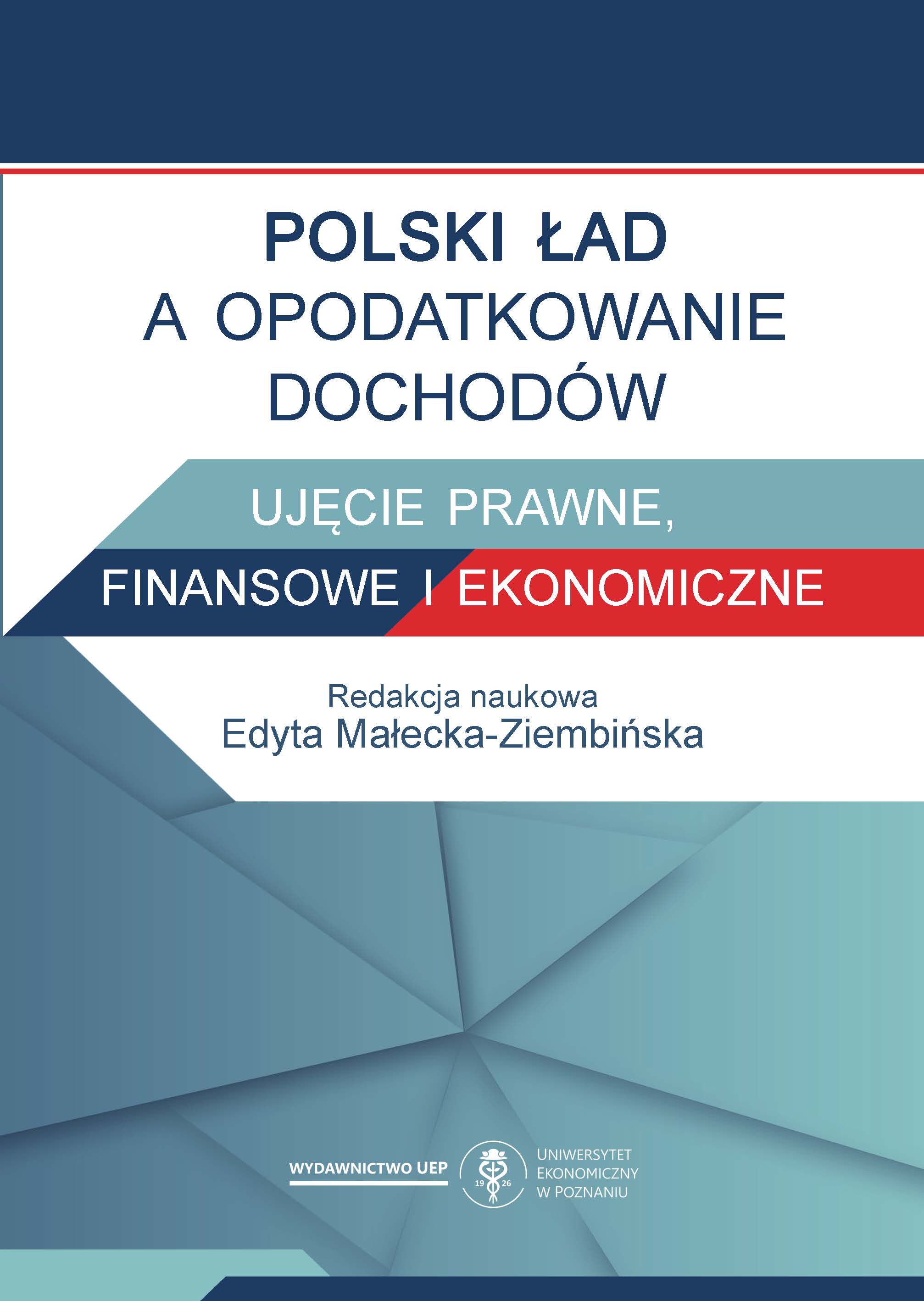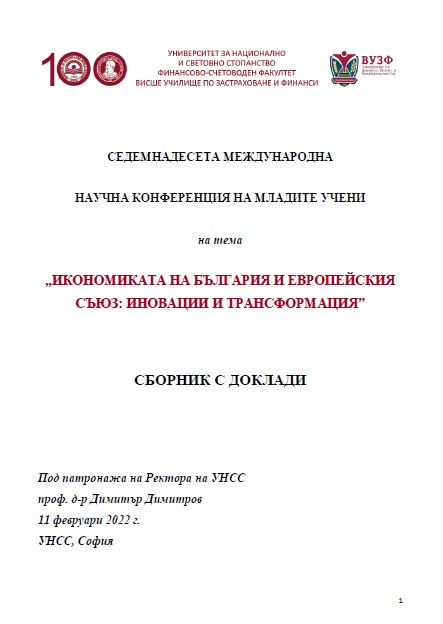
We kindly inform you that, as long as the subject affiliation of our 300.000+ articles is in progress, you might get unsufficient or no results on your third level or second level search. In this case, please broaden your search criteria.


Purpose: The purpose of this study is to outline the specifics of VAT taxation in the e-commerce sector and to present the legislative measures implemented by both Poland and the EU in order to reduce the tax gap in this area. Design/methodology/approach: The authors analyse the recent changes in the field of EU and national law aimed at counteracting VAT fraud in the area of new distributions channels of goods and services. The authors present new legal solutions, especially those addressed to online platforms, and examine their impact on the e-commerce market. The effectiveness of legal solutions is illustrated by data and statistics provided by the National Revenue Administration. Findings: Statistical data prove the effectiveness of the adopted legislative changes. Not with standing above the EU Commission’s new legislative proposals are presented and aimed at more effective transparence and compliance in this sector.
More...
Reporting is a vital management and communication tool for businesses to engage with stakeholders. Stakeholders expect reports of high quality, primarily those containing decision-relevant information, faithfully reflecting the presented content. The pursuit of effective sustainable development strategies has led to various changes, including institutional and capital market changes, as well as changes in the functioning of businesses. A company’s success is now expressed in economic sustainability, social responsibility, and environmental responsibility, which determine management tasks and the measurement and reporting of the company’s multidimensional results to stakeholders. This issue gains particular importance due to the expanding circle of significant company stakeholders whose success is intertwined with the organization’s competitiveness in the market. The chapter aims to present the evolution of non-financial reporting toward sustainable development reporting in light of changing informational expectations of stakeholders and supporting legal regulations. The research methodology used in the study is an argumentative method (Betti, 1955) and hermeneutic method (Betti, 2022). The study is interdisciplinary, combining several fields of social sciences, including economics and finance, social communication and media sciences, management and quality sciences, as well as legal and sociological sciences. The results of the conducted research confirmed that stakeholder information expectations toward organizations change in accordance with evolving environmental conditions and increasing complexity. To meet these expectations, various actions are taken to develop suitable methodological solutions. Legislative changes are also essential, in line with the monological stakeholder theory approach. The goal of legislative changes is to ensure comparable, reliable, and significant informationusing information technologies regarding the implementation of sustainable development strategies. Controlling ESG (Environmental, Social, Governance) risks control prevents costly consequences.
More...
Corporate governance describes the principles, relationships and processes under which an entity is managed and its management bodies are controlled. The aim of the chapter is to assess the accounting policies of listed companies from the point of view of their compliance with good corporate governance practices for sustainable development. Using the source analysis method, the essence and legal basis for shaping corporate governance policy are presented. During the empirical study, five main thematic areas of non-application of corporate governance principles by companies listed on the Warsaw Stock Exchange in the WIG-ESG index were identified: (1) diversity policy towards the management board and the supervisory board, (2) reporting of ESG areas, (3) organization of the general meeting meetings, (4) remuneration of the supervisory board and managerial shares, (5) organization of internal audit.
More...
This article is devoted to the specifics of internal audit in the public sector and the application of the current methodology, approved by the Minister of Finance. The main challenges in the routine work of internal auditors, directly related to the application of the internal audit methodology in the public sector, are briefly summarized. The need for the development and application of a specific methodology for internal audit is substantiated, while a sample procedure for performing an audit engagement of public enterprises in which the head of a public sector organization exercises the rights of the state over shares or stocks is presented.
More...